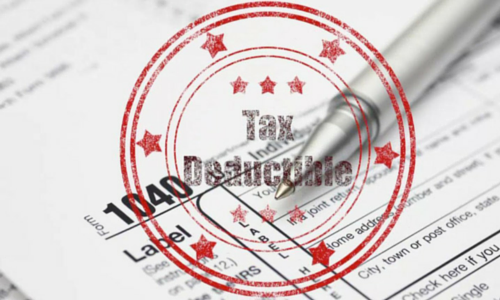When planning for retirement, most people do not think about tax implications. Then when they retire, they’re suddenly surprised by an unexpected tax burden. Whether retirement is a long way off or an immediate reality, we at F.J. Koelle & Associates can help you minimize your taxes and maximize your income.
Planning for the Future
If you still have some time before retirement, you have many options to discuss with your tax accountant. He or she can advise you on some changes to make now to put you in a strong financial position during your retirement years. Your accountant can examine your current and future expenses and investments and develop a Long Term Cash Flow and Tax Projection. Then together you can discuss the best options for you.
Some of those options may include rolling a traditional IRA into a Roth IRA, buying or selling investments or property, or evaluating the tax burden of your pension. Federal, state, and local taxes should all be considered.
Fortunately, Pennsylvania does not tax pensions, social security, or certain other types of retirement income, therefore it’s an attractive state for retirees, from a tax perspective. If your pension is from a state that taxes pensions, for instance, New Jersey, you can move to Pennsylvania and New Jersey cannot tax you for the pension you earned in their state.
Another important question is when to begin taking social security. People are often advised to take social security later so their distribution is larger, but that might not be the best strategy for you, especially if you had children later in life.
A minor child can receive half of your social security income until high school graduation or the age of 19, whichever comes first. This could be a significant increase in income and can make earlier distribution much more attractive. If you plan to continue to work while taking social security, your earnings may decrease your own distribution during those years, though not that of your child.
All of these options and more should be discussed with your tax professional.
Dealing with Retirement Now
There are many ways to minimize your tax burden once you’ve retired. Many people are under the impression that social security is not taxable, but that is not always true. The amount of social security that is taxed depends on your Combined Income:
Combined Income = Adjusted Gross Income (AGI) + nontaxable interest + 50% of Social Security
If your Combined Income is under $25,000 filing singly or $32,000 for jointly, you will not pay taxes on your social security. If it is over this amount, you’ll pay taxes on 50-85% of your social security.
Distributions from pensions, 401Ks, traditional IRAs, and capital gains or dividends from investments held for a year or less are all taxed at the ordinary rate and would be included in your AGI. However, there are ways of lowering your AGI, including:
- Gifting assets that have increased in value – this has the dual effect of avoiding capital gains tax and providing a tax deduction for the current value
- Offsetting capital gains with capital losses
- Directing your required minimum withdrawal from your IRA to a qualified charity, if you don’t need it
- Giving cash gifts of up to $15,000 to as many people as you wish without incurring federal gift tax
- Additional deductions your tax advisor may see in your situation
Long term capital gains and dividends are taxed at a much lower rate than regular income and can be a significant tax benefit for retirees. Capital gains and dividends of investments held for more than a year are tax-free for income up to $39,375 for single or $78,950 for joint filers in 2019. After that, they are taxed at 15-20%, significantly lower than the standard tax rates.
Clearly, there are many options for maximizing income and minimizing taxes in retirement, but the strategies are complex and depend on your specific situation and goals. Reach out to us to help you plan what’s best for your situation. We’ve helped taxpayers in the Willow Grove, Huntingdon Valley, Abington, Fort Washington, and surrounding areas for 30 years.





